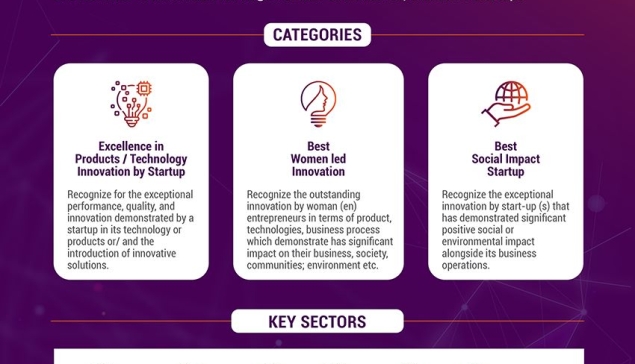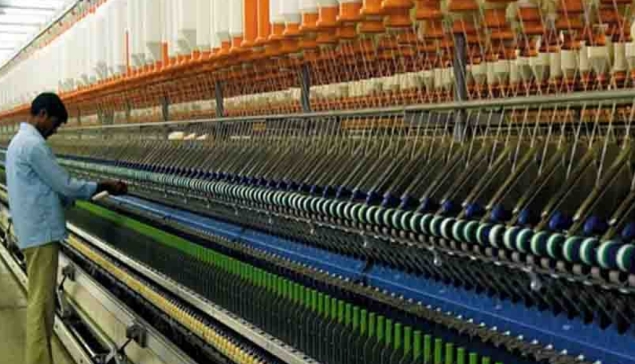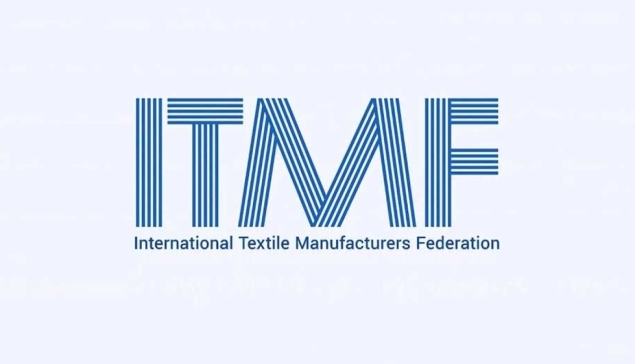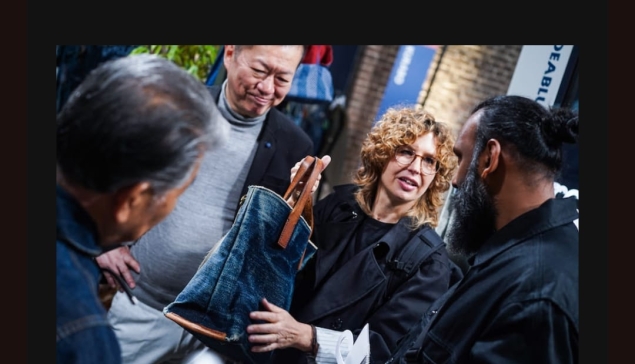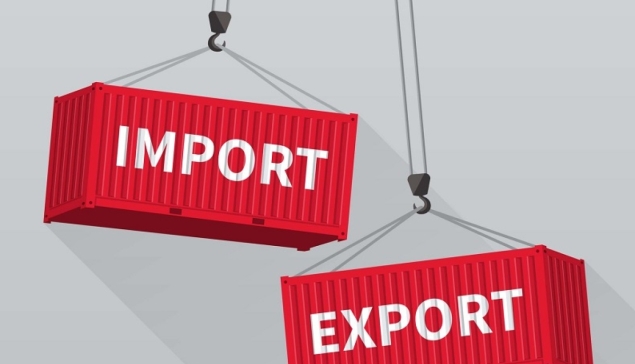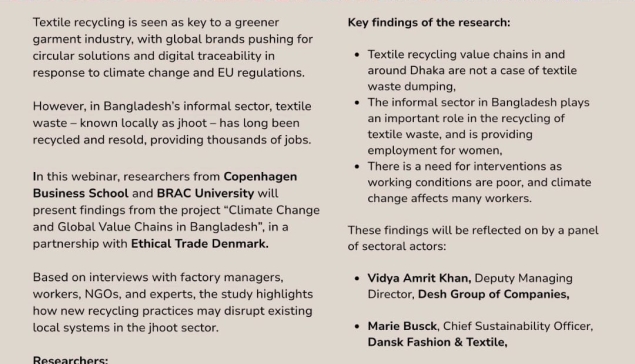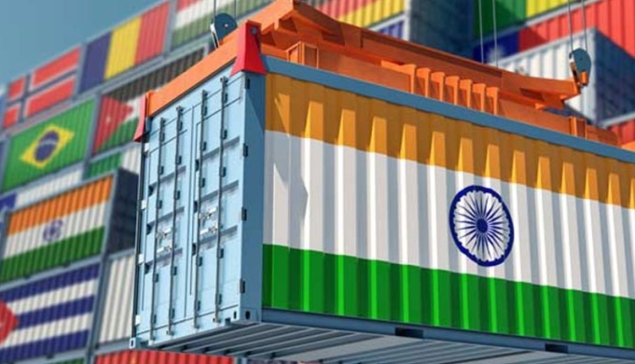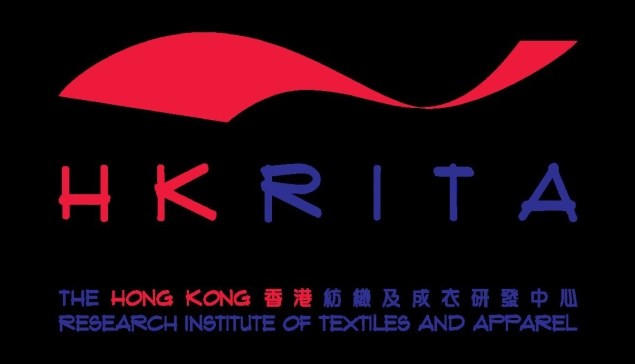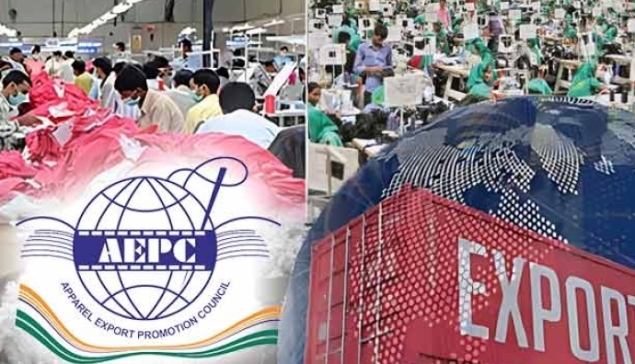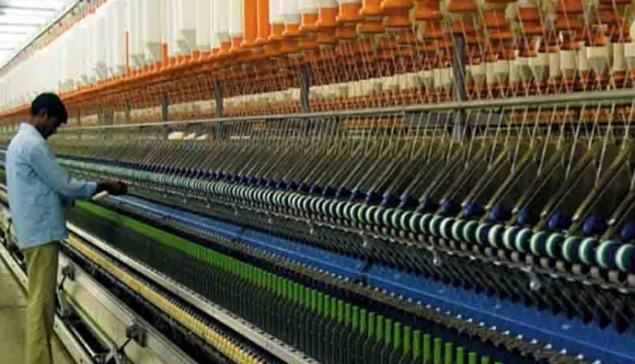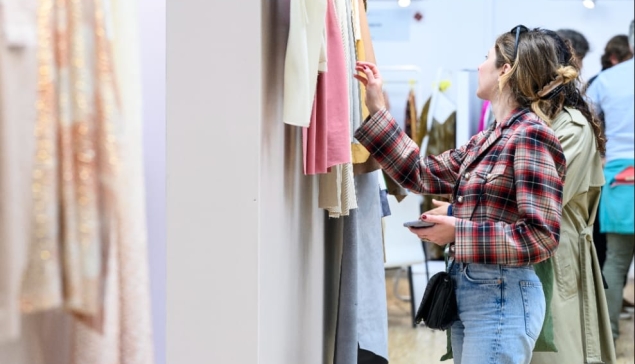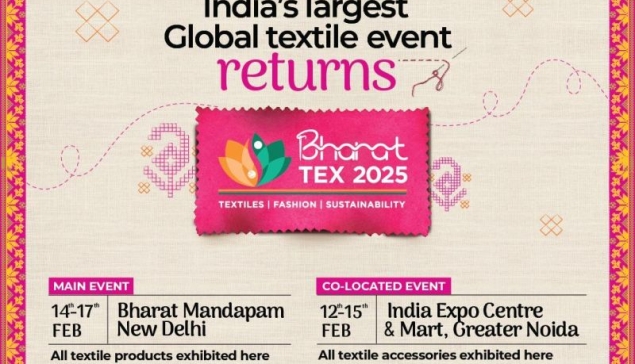It’s time to share some of the insights emerging from our Danida-funded research project on Global Value Chains and Climate Change. In this phase of our work, we take a closer look at the potential and impacts of textile recycling in South Asia — with a focus on Bangladesh.
Fashion Guru
To be honest, it's been disconcerting to see how dominant the narrative has become in parts of the European Union that all post-consumer textile waste is simply dumped across the Global South. This view is largely driven by high-profile media reports from Chile, Ghana, and Kenya. But it paints an overly simplistic — and at times misleading — picture.
Join our group
What this narrative overlooks is the significant regional, national, and local variation in how countries and clusters across the Global South handle textile waste. Our latest webinar focuses not on post-consumer waste, but rather on post-production textile waste in Bangladesh — a topic that has been under-researched until now.
Some key findings from our study include:
Well-Established Infrastructure: Bangladesh already has a highly developed network of post-production textile value chains and clusters. There’s an existing infrastructure for textile reuse and recycling that deserves greater recognition.
Livelihood Opportunities: The industry provides critical income and employment opportunities for low-income groups, many of whom are excluded from formal factory work.
DFU Profile
Key Player in Exports: Bangladesh has become a key player in the export of post-production textile waste, much of which feeds into circular textile value chains in countries like India.
Low Evidence of Dumping: Contrary to the dominant dumping narrative, we found no evidence that post-production textile waste is being dumped in Bangladesh. Instead, the vast majority is reused or further processed.
Informal and Precarious Work: However, the recycling sector remains largely informal, with precarious working conditions and limited protections for workers.
Climate Inequality: Workers in these informal recycling clusters are more exposed to the effects of climate change than those employed in formal, export-oriented factories.
Visit for more
This webinar will feature our talented colleagues from Bangladesh — Aysha Siddika, Rumi Akter, and Sameera Zamann — presenting these findings. I'm also very much looking forward to engaging in discussion with Vidya Amrit Khan, Marie Busck, Andrea Schill, Mark Draeck, and Claus Teilmann Petersen. Many thanks for joining us as discussants!
As we move forward in global debates on textile sustainability, let’s make sure the diversity and complexity of practices across the Global South are better understood and more accurately represented.

